What Roles Does Market Analysis Play in Successful Event Venue Consulting?
How Does Pricing Analysis Impact the Success of an Event Venue?
Event venue consultants need to focus on proper pricing analysis because it remains an essential operational factor. The proper strategic pricing model allows a venue to maintain competitive position and achieve maximum revenue generation. Assessing competition prices together with market demand patterns and customer expectations enables owners to establish prices which draw clients but protect financial gains.
The choice of strategic prices should work within seasonal patterns. A venue gains the opportunity to raise its prices during specific peak times which include wedding season along with the holiday party rush. A discount strategy for slow booking periods helps ensure continuous flow for the business. Businesses can enhance venue appeal to client customers through bundled packages integrating various event vendors and venue operational providers. Piovra Group offers multiple venues that come at a range of prices, thus being able to suit your budget without compromising on quality.
How Can Market Trends Influence Event Venue Design and Amenities?
The understanding of present market trends determines how event venues should be designed as well as equipped with amenities to attract event planners and their attendees. The interest in sustainability has forced venues to incorporate green technologies including solar energy systems together with LED fixtures and waste management systems.
Technology serves as one of the main factors which shape the evolution of event spaces. The combination of high-speed WiFi, virtual event hosting, and interactive digital screens enhances the value of event venues, particularly for corporate clients seeking such features. All the venues offered by Piovra Group come with multiple amenities including up to date technology. A venue maintains competitiveness with adaptable layouts alongside improved venue service options.
How Can Location Analysis Affect an Event Venue’s Profitability?
The selection of an appropriate venue location forms one of the essential factors behind business achievement. An event venue's profitability benefits from location analysis through evaluation of various factors consisting of accessibility combined with neighborhood competitors and nearby amenities. The strategic positioning of a venue near heavy city traffic provides increased visibility to attract events for corporate business and upscale events.
Low rental rates for larger spaces become available from venues located in suburbs and rural areas which specifically serve wedding and major private event customers. The availability of parking spaces and convenient public transport accessibility along with nearby restaurants and hotels serve as important factors which influence event planners to select particular venues. An effective event venue consultancy considers entire venue premises' characteristics together with location data to assist customers in choosing decisions which optimize profits.
What Are the Key Metrics to Track for Evaluating Venue Performance?
To sustain their success, venue owners should observe essential performance evaluation metrics. Management metrics deliver important details regarding enterprise finances along with patron satisfaction and business operational process performance. The performance evaluation of a venue strongly depends on three key metrics: revenue per event, booking frequency, and average event size.
Customer feedback represents a fundamental measurement for evaluation purposes. The combination of digital customer surveys and user feedback reveals the standard of venue service quality and customer interaction and general contentment ratings. The measurement of referral rates together with repeat bookings helps evaluate customer relationship development of a venue. Piovra Group has had over a decade of experience in helping customers have a memorable event at all their venues.
Event venue consulting depends heavily on market analysis. Event spaces that collect data about market trends remain competitive and bring in more bookings while providing exceptional event experiences to their guests.
Frequently Asked Question
Q1. What purpose does market analysis serve for attracting suitable clients to event venues?
A. A market analysis enables venue owners to identify who their potential clients are by studying the statistics related to their audience's characteristics and their money spending patterns. A venue that tailors its services to match each customer need will draw its target clientele while raising event bookings.
Q2. How does the study of competitors help venue consultants?
A. The analysis of competitors allows venue owners to locate emerging market directions, evaluate price standards, and unfilled service areas. The analysis of competitor event space elements and amenities together with customer feedback enables venue consultants to create strategic business recommendations.
Q3. What methods do event venue consultants provide to enhance marketing and branding efforts within an organization?
A. The identification of market behavior patterns together with industry trends during analysis lets venues transform their branding and promote their services more effectively. A strategic utilization of social media together with SEO and business partnerships with party vendors enables venues to construct a robust online brand which boosts their customer base while securing dominant market status.
Q4. Which sources of data would be most suitable for conducting market analysis within event venues?
A. A comprehensive market analysis must integrate various information types such as feedback from clients together with feedback on competitors. Venue owners enhance their performance assessment through booking analytics, event attendance records, and party vendor feedback to make strategic shifts.
Q5. What tools do market analysis provide for a venue business to future-proof its operations?
A. An ongoing evaluation of vital metrics allows owners to adopt emerging trends while forecasting customer expectations to make decisions about upgrading their facility for enduring success. Organizations that base their strategic choices on data will achieve lasting success in the competitive event business because they use data-driven solutions to implement technology changes and service expansions and pricing adjustments.

